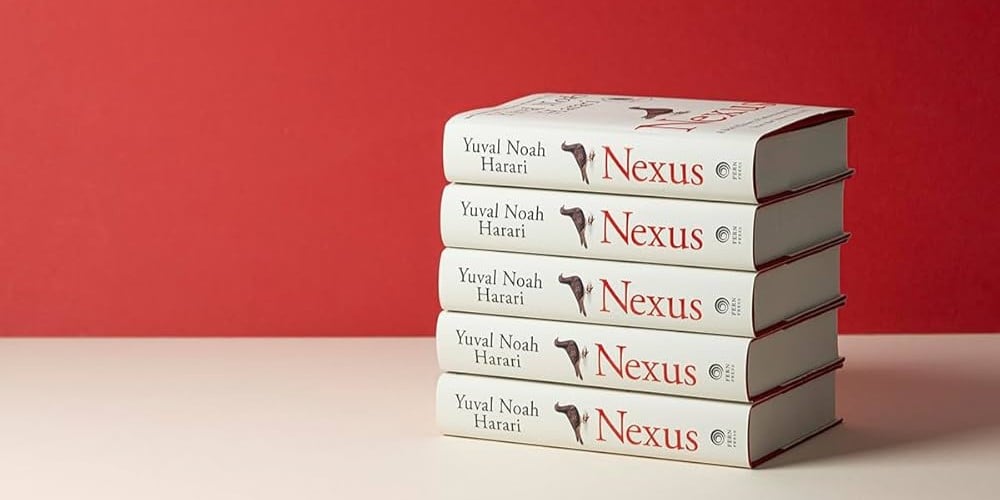
"Power lies at the nexus where information channels merge." -- Yuval Harari
Key Takeaways
- A naïve view of information, as seen in companies like Google or Facebook (Meta), assumes that greater access to information leads to truth and wisdom. In contrast, the populist view—espoused by figures such as Donald Trump—portrays information as a tool used by elites to consolidate power while suppressing "the people."
- However, a more nuanced perspective sees information as the connective tissue of human societies. For large-scale cooperation to function, two key elements are required: truth and order. Most of the time, information does not represent absolute truth, but it always serves to connect individuals and construct an inter-subjective reality.
- Oral mythology allowed Homo sapiens to dominate the planet. The advent of written documents enabled the spread of large-scale mythologies and information networks, but it also introduced the challenge of retrieval.
- Retrieval, in turn, was partially solved by bureaucracy. At its core, bureaucracy operates on the principle of "divide and rule." However, its complexity creates a disconnect between governing institutions and civilians, as human cognition is better suited for linear narratives rather than multi-threaded, interconnected systems. This inherent limitation fosters distrust toward bureaucratic structures.
- Bureaucracy itself is not inherently negative. Benign bureaucracy ensures order and keeps society functioning—for instance, in essential systems like sewage infrastructure. However, its intricacy makes it an easy target for populist criticism.
- The fantasy of infallibility has historically driven societies to create holy books in an attempt to standardize human behavior and establish ideal societies. The core issue, however, lies in interpretation—whoever controls interpretation holds the most power.
- Before the advent of mass media technologies—telegrams, radios, televisions, and later, the internet—neither large-scale totalitarianism nor democracy was feasible. Modern information technology has made both possible in recent decades.
- The world is increasingly divided by a "silicon curtain," where individuals inhabit separate information spheres. A Chinese citizen is unlikely to be exposed to Western media, just as a Westerner is unlikely to trust Chinese software.